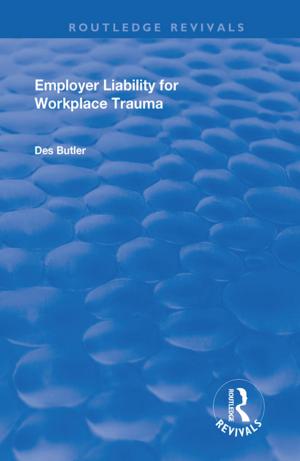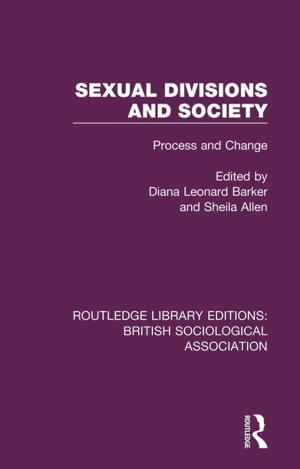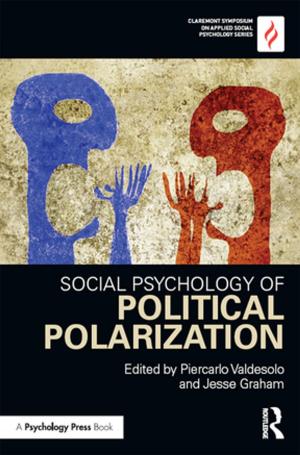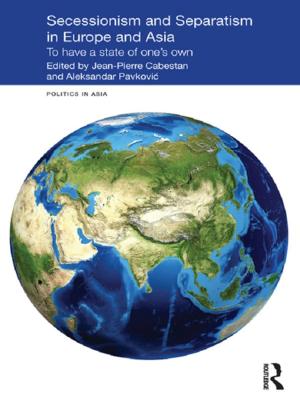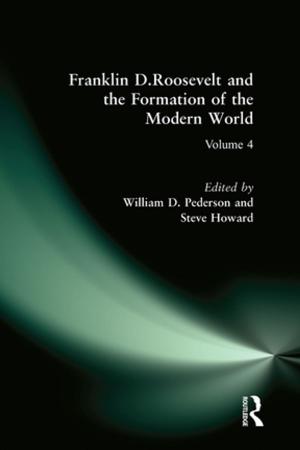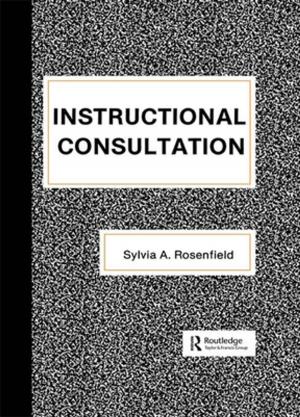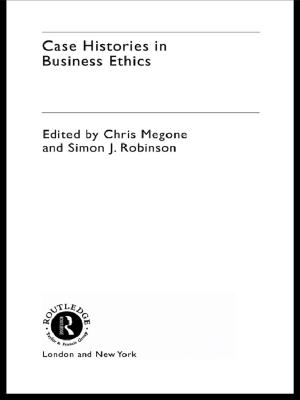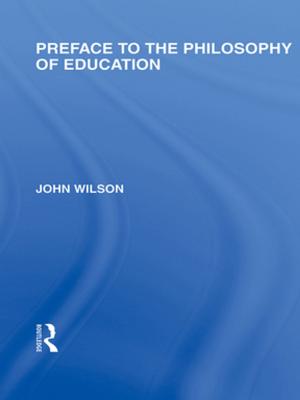Pluralism, Democracy and Political Knowledge
Robert A. Dahl and his Critics on Modern Politics
Nonfiction, Social & Cultural Studies, Political Science| Author: | Hans Blokland | ISBN: | 9781317079569 |
| Publisher: | Taylor and Francis | Publication: | April 22, 2016 |
| Imprint: | Routledge | Language: | English |
| Author: | Hans Blokland |
| ISBN: | 9781317079569 |
| Publisher: | Taylor and Francis |
| Publication: | April 22, 2016 |
| Imprint: | Routledge |
| Language: | English |
The political discontent or malaise that typifies most modern democracies is mainly caused by the widely shared feeling that the political freedom of citizens to influence the development of their society and, related to this, their personal life, has become rather limited. We can only address this discontent when we rehabilitate politics, the deliberate, joint effort to give direction to society and to make the best of ourselves. In Pluralism, Democracy and Political Knowledge, Hans Blokland examines this challenge via a critical appraisal of the pluralist conception of politics and democracy. This conception was formulated by, above all, Robert A. Dahl, one of the most important political scholars and democratic theorists of the last half century. Taking his work as the point of reference, this book not only provides an illuminating history of political science, told via Dahl and his critics, it also offers a revealing analysis as to what progress we have made in our thinking on pluralism and democracy, and what progress we could make, given the epistemological constraints of the social sciences. Above and beyond this, the development and the problems of pluralism and democracy are explored in the context of the process of modernization. The author specifically discusses the extent to which individualization, differentiation and rationalization contribute to the current political malaise in those countries which adhere to a pluralist political system.
The political discontent or malaise that typifies most modern democracies is mainly caused by the widely shared feeling that the political freedom of citizens to influence the development of their society and, related to this, their personal life, has become rather limited. We can only address this discontent when we rehabilitate politics, the deliberate, joint effort to give direction to society and to make the best of ourselves. In Pluralism, Democracy and Political Knowledge, Hans Blokland examines this challenge via a critical appraisal of the pluralist conception of politics and democracy. This conception was formulated by, above all, Robert A. Dahl, one of the most important political scholars and democratic theorists of the last half century. Taking his work as the point of reference, this book not only provides an illuminating history of political science, told via Dahl and his critics, it also offers a revealing analysis as to what progress we have made in our thinking on pluralism and democracy, and what progress we could make, given the epistemological constraints of the social sciences. Above and beyond this, the development and the problems of pluralism and democracy are explored in the context of the process of modernization. The author specifically discusses the extent to which individualization, differentiation and rationalization contribute to the current political malaise in those countries which adhere to a pluralist political system.




